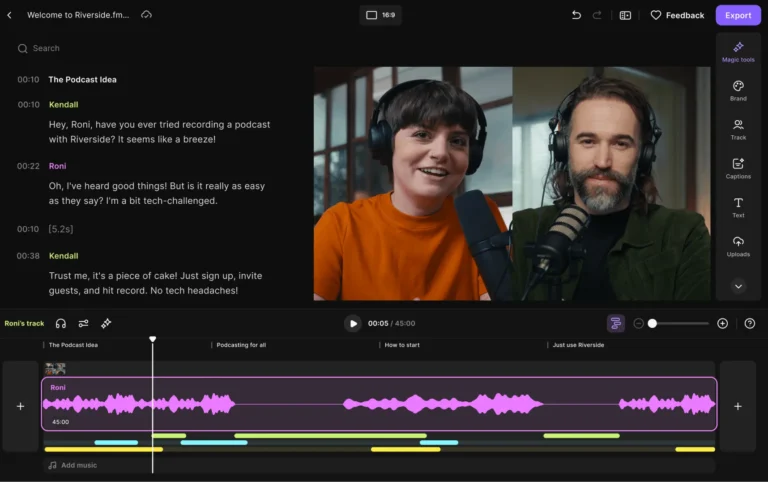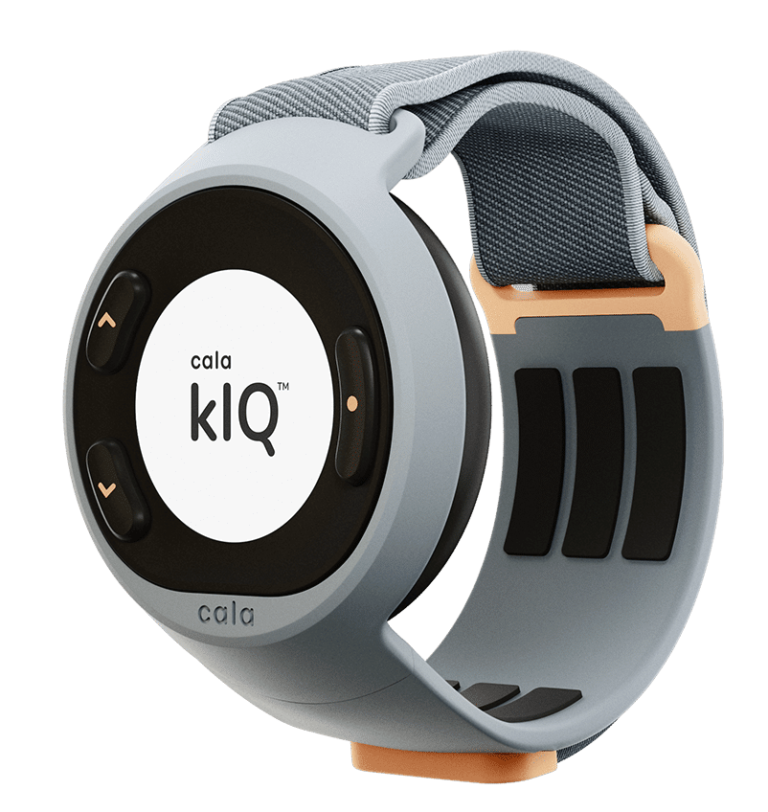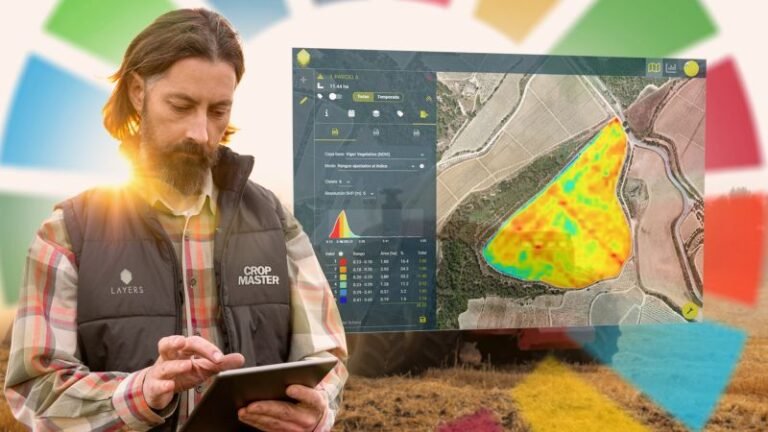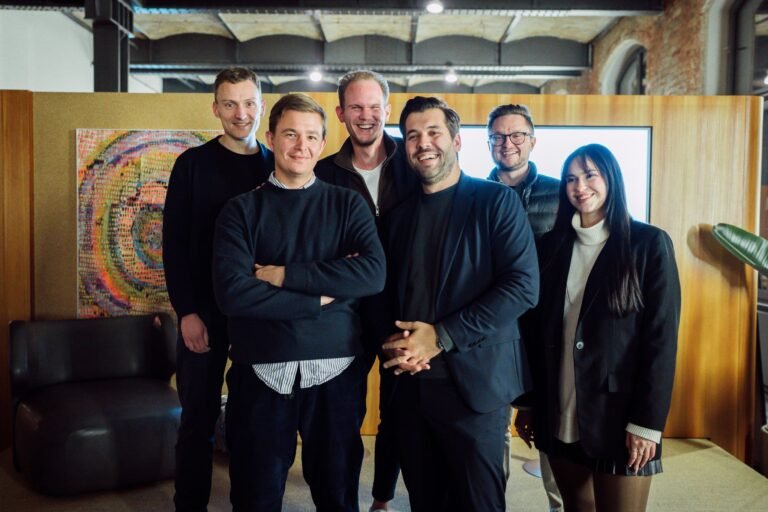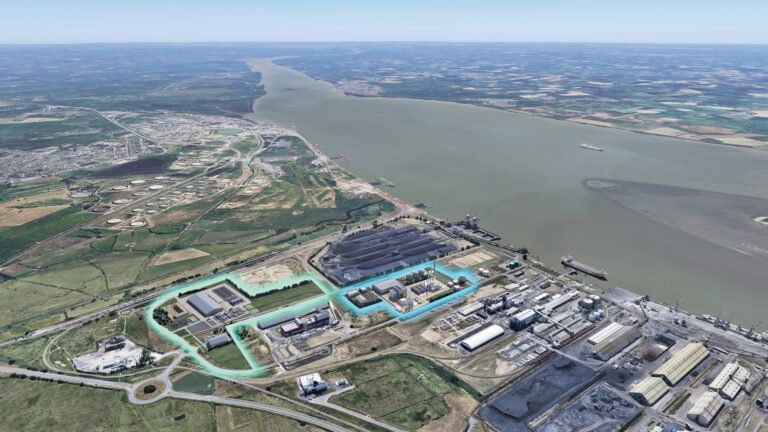Trending post
Fast-growing e-commerce platform Wheelocity has raised $15 million in an extended series A funding round, taking its total Series A, b funding to $27 million. The round was led by Lightspeed, and supported by Alteria Capital, Anicut Capital, and the company’s founder. The latest capital injection will help push Wheelocity’s aggressive expansion plan in India to reach 20,000 towns and villages in the next year.

Access to Commerce Innovation in Rural India
Founded by Selvam VMS and Senthil Kumar in September 2021, Wheelocity has become one of the pioneers in bridging this growing commerce gap between India’s urban centers and its largely underserved populations in semi-urban and rural circles. These areas stand home to more than 800 million, with many not having consistent access to modern commerce platforms. This is a huge market that Wheelocity can tap into, as it looks to open access to high-frequency goods-as easily accessible goods that reach first via fresh produces and groceries and that would be an initial gateway for expansion.
Unlike many pure-play e-commerce organizations, the company uses a “phygital” model where it combines both physical and digital channels to reach its customers. While most other e-commerce companies cannot penetrate rural India due to concerns with logistics and access, Wheelocity’s thinking has been devised in such a manner that it can simply deliver goods at the doorstep of the consumers creating trust route.
Fresh Produce, Fast Deliveries, and a Unique Supply Chain
The firm started with a B2B model, wherein the company would supply fresh fruits and vegetables to quick-commerce platforms like Swiggy Instamart, Dunzo, Blinkit, and Zepto but pivoted to a B2C model by serving rural end customers. This strategic pivot enabled the company to craft a more consumer-centric approach while leveraging its existing supply chain, initially designed to serve B2B clients.
While in some ways, its biggest strength lies in the efficient, localized supply chain, that enables to distribute goods fresh across many geographies in less time. Electric three-wheelers facilitate Wheelocity in delivering products right into the villages of customers with daily deliveries of fresh groceries and consumables-a method that puts customers in touch with the product rather than just ordering it from their online screens. This makes for faster services but also builds greater consumer trust as the goods are brought directly to the doorsteps of consumers, rather than just being ordered on the web.
Once the customer becomes accustomed to the service, it prompts them to order through the Wheelocity mobile application, and customers can now order a product from home. Wheelocity feels that this “phygital” approach will lead to more retention and a higher-engaged customer base in the longer run.
Aggressive Expansion and Growing Consumer Base
Since inception, Wheelocity has scaled up hugely and is now reaching 1 million consumers in over 3,500 villages spread across the heart of Tamil Nadu in India,” it said. “The plan is to scale this presence aggresively in 12 months to 20,000 towns and villages and reach 10 million consumers.”. This aggressive expansion is backed by an investment of $15 million from undisclosed investors who will further the scaling of its technology and expansion of its direct reach network and building of stronger operational teams.
Wheelocity’s focus on first-time users of organized commerce will also help it differentiate from the larger e-commerce companies, which have generally failed to make a dent in rural India. Unlike other giants such as Amazon and Flipkart, Wheelocity can deliver fresh items in a fraction of the time because long delivery times and limited product availability plague rural areas. While the traditional e-commerce platforms may take up to seven days to deliver them in the rural regions, Wheelocity assures daily delivery, thus achieving a faster flow of fresh products to the consumers.
A Future Vision
Looking forward, Wheelocity prepares to achieve great scale by tapping into a $1 trillion+ opportunity through rural and semi-urban commerce. Using electric vehicles for its delivery will not only be an environmentally friendly choice but also ensure that its business becomes intertwined in the everyday lives of consumers in the rural markets.
By offering daily doorstep delivery services for essentials and access to an extensive range of products through its app, Wheelocity aims to become the first choice platform for semi-urban and rural consumers of southern India.
It plans to double down on both the ambition of geographical expansion and technological innovation and consumer feedback. So, Wheelocity has set up an operations office in tier-II city Trichy to better understand consumer behavior and, in the process, optimize offerings better. Over the next year, it will expand in all five southern states of India with its ‘wheelonomy’ and engage with millions of underserved consumers in a meaningful way.
Road Forward for Rural Ecommerce
All the hiccups Amazon, Flipkart, and others have faced in rural India notwithstanding, Wheelocity’s unique model-leveraging deep supply chain innovation and a localized delivery infrastructure, it makes it a one-stop shop for a chunk of India’s burgeoning rural ecommerce markets.
With fresh funding of $15 million, a rapidly growing user base, and a novel approach to rural commerce, Wheelocity is well on its way to reshaping the future of retail in semi-urban and rural India. As it prepares for its next phase of expansion, all eyes would be on this fast-evolving platform that very well could be the leading solution for millions of consumers in Indias
